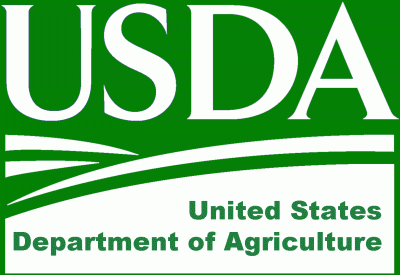El Salvador’s 2013/14 marketing year (October 1, 2013 – September 30, 2014) coffee harvest is expected to be much lower than previously reported, says USDA in its latest Gain Report.
Post estimates production will only reach about 507,000 sixty-kg bags. According to the Salvadoran Coffee Council (CSC), the coffee leaf rust outbreak affecting the Central American region is the main reason behind this significant drop in production. The 2014/15 harvest is expected to rebound mainly due to the bi-annual on-year production cycle.
Exports in MY 2013/14 are expected to reach 417,450 sixty-kg bags. Export numbers for 2014/15 are expected to increase due to both an on-year production cycle and to lesser damage by coffee leaf rust during this production cycle.
Local financial institutions continue to require farmers to have a planned coffee-sales program in order to have access to loans; farmers must forward contract their coffee sales and avoid speculation.
The United States is the main export destination for Salvadoran coffee, accounting for almost 45 percent of MY 2013/14 exports through April 2014. Germany is the second destination for Salvadoran coffee, followed by Japan, Canada, Sweden, England and Belgium.
Lack of local ground coffee processing facilities continues to favor imports for soluble coffee. This has led to a continued increase in soluble imports, mainly from Brazil, Mexico and Nicaragua. With a recent incursion of its Juan Valdez coffee shops, Colombia is also gaining market share in the retail market.
The CSC continues to monitor exports with the use of export registration permits. The Government of El Salvador (GOES) through the government-owned financial institutions has guaranteed a loan of US$70.00 per hundredweight (cwt) to cover routine maintenance and harvesting during the 2014/15 crop season (Please refer to Policy Section, below, for further information).
Coffee is still the most important source of employment in rural areas, with the coffee harvest alone providing approximately 130,000 jobs. However, the drastic production reduction (caused by coffee rust) has deeply impacted the jobs on coffee farms (both the number of jobs and the time-hired have dropped).
Also coffee is no longer the major source of export revenues in El Salvador, having been replaced by non-traditional products such as processed ethnic foods and tropical fruits. Coffee exports in 2014/15 are expected to generate approximately US$110 million in foreign exchange if the current higher international prices are locked-in.
El Salvador continues to promote its coffee focusing mainly on specialty and gourmet qualities (See Trade Section, below). The agricultural sector has continued growing assisted by higher prices for traditional exports (coffee and sugar), as well as increased market access for non-traditional exports under the Central America-Dominican Republic (CAFTA-DR) free trade agreement with the United States.
















